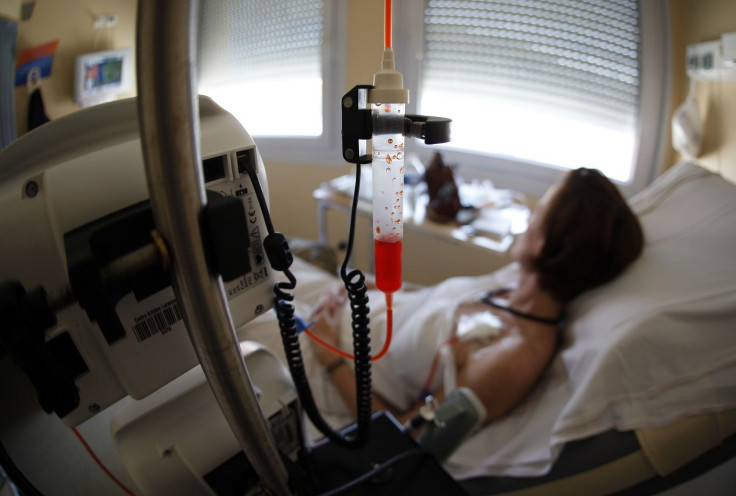Women who use contemporary hormonal contraceptives face higher breast cancer risks: research

A recent study has concluded that women who used contemporary hormonal contraceptives face higher risks of breast cancer compared to those who didn’t. The risk increased with longer duration of use.
A paper titled “Contemporary Hormonal Contraception and the Risk of Breast Cancer” discusses the association of contemporary hormonal contraception with a higher risk of break cancer among women. For the study, researchers followed 1.8 million Danish women for more than ten years.
Several women who used hormonal contraceptives believed that the newer ones were safer than those taken by their grandmothers or mothers. But 11,517 cases of breast cancer occurred. The relative risk among users of hormonal contraception was 1.20 in comparison with women who had not used hormonal contraception. The risk was up from 1.09 with less than 1 year of use to 1.38 with over 10 years of use.
The study, published in the New England Journal of Medicine, also shows that women who had used hormonal contraceptives for five years or more, even after they discontinued using hormonal contraception, still faces a higher risk of breast cancer than those who have not used hormonal contraceptives at all. For women who use or have used various oral combination contraceptives in the past, risk estimates varied between 1.0 and 1.6.
Furthermore, it has been found that females who have used or are recently using the progestin-only intrauterine system had a higher risk of breast cancer compared to women who had never used hormonal contraceptives. The estimate was 1 extra breast cancer for every 7,690 women using hormonal contraception for a year.
Officials with the American College of Obstetricians and Gynecologists stressed that hormonal contraceptives are “among the most safe, effective and accessible options available” for many women. Some experts noted that the use of oral contraceptives has some benefits as well.
American College of Obstetricians and Gynecologists vice president for practice activities Dr Chris Zahn recognised a link between hormone use and break cancer risks. He encouraged women to consult a trusted medical provider, adding that they must feel comfortable and confident with their choice of contraceptive.
Weiss recommended that older women may want to consider a hormone-free birth control method, The New York Times reports. An example of this is a diaphragm. She suggested that women have a choice and they can pursue other options. “It’s not like you don’t have a choice,” Weiss said.





















